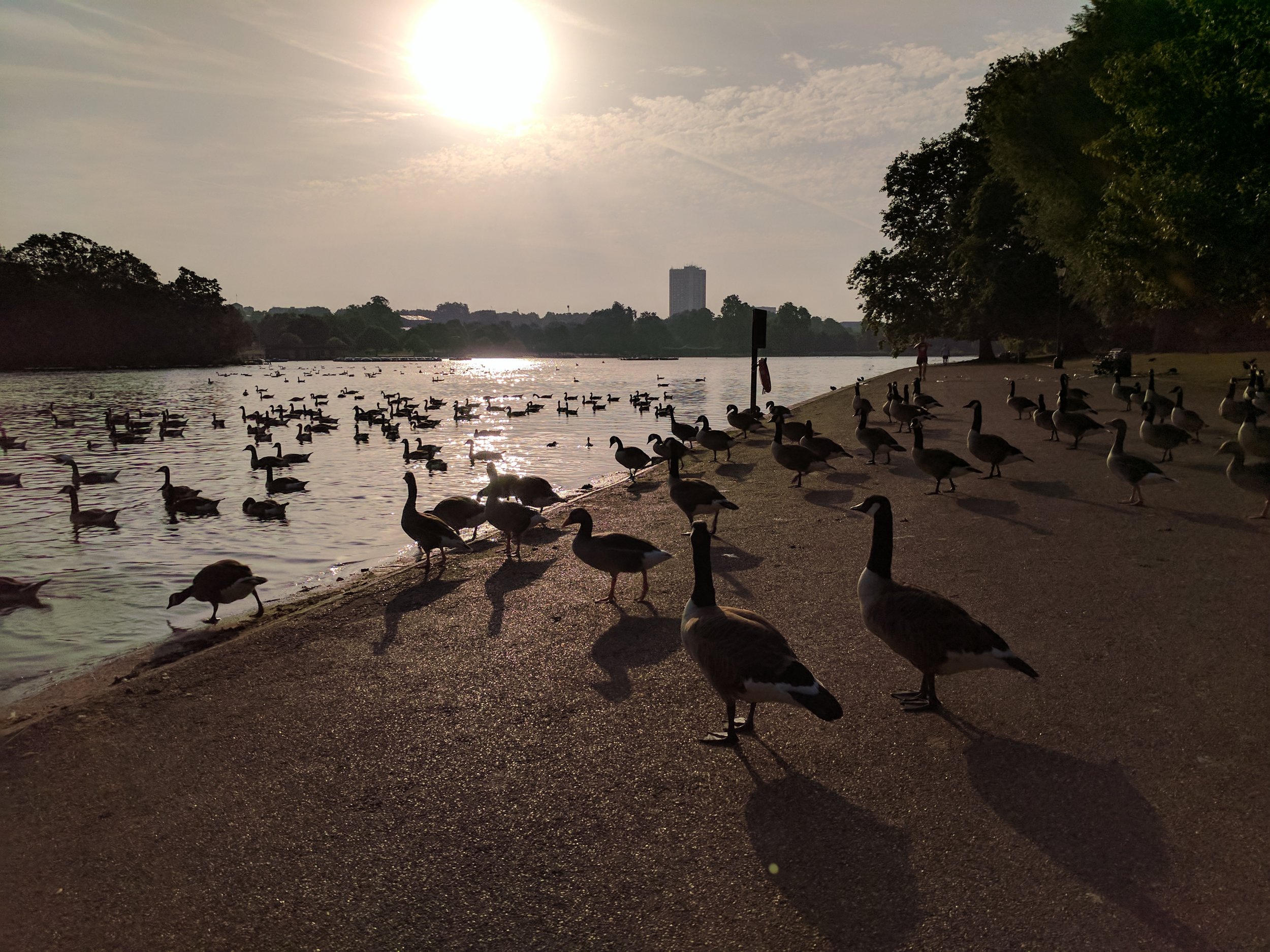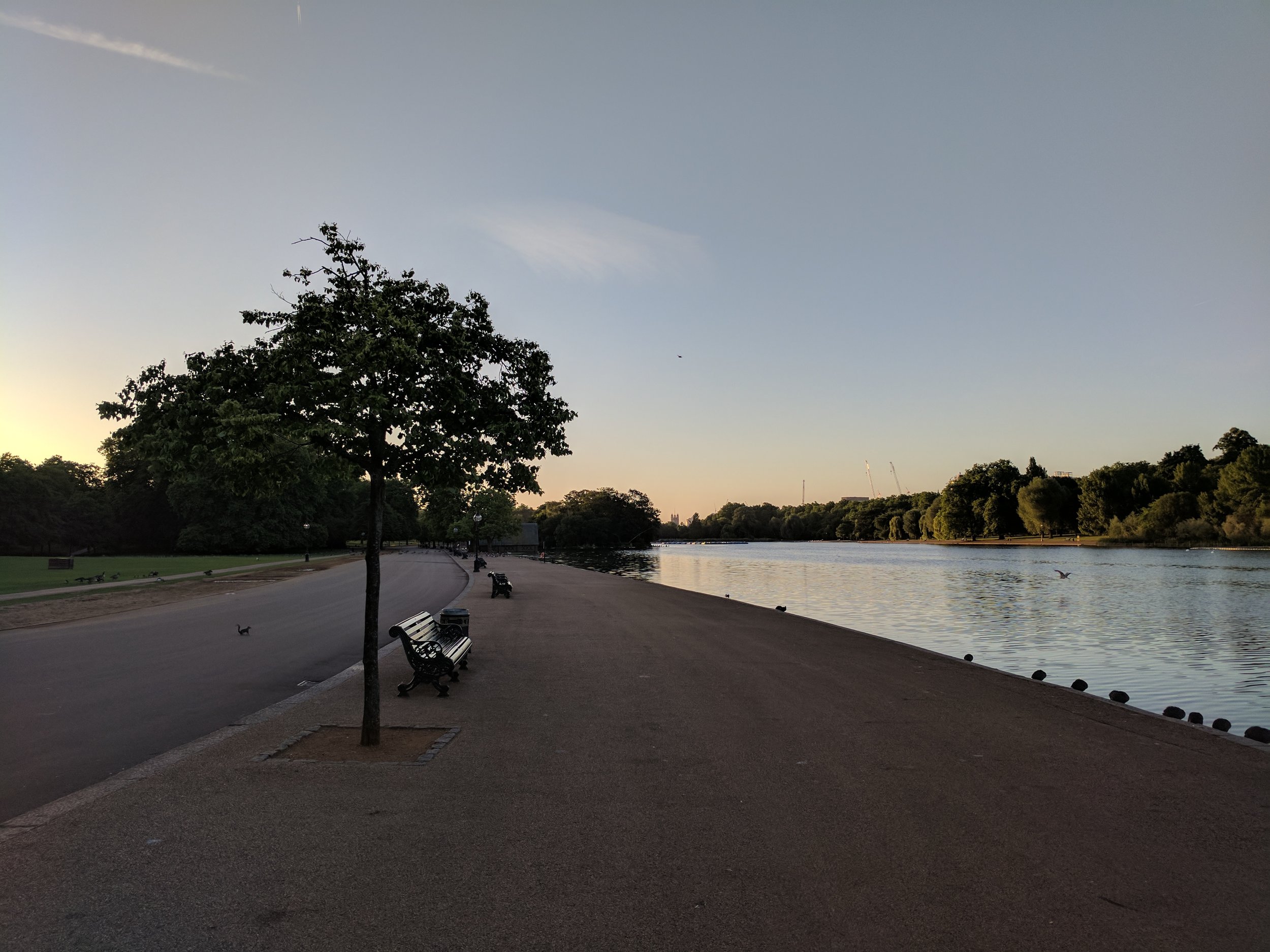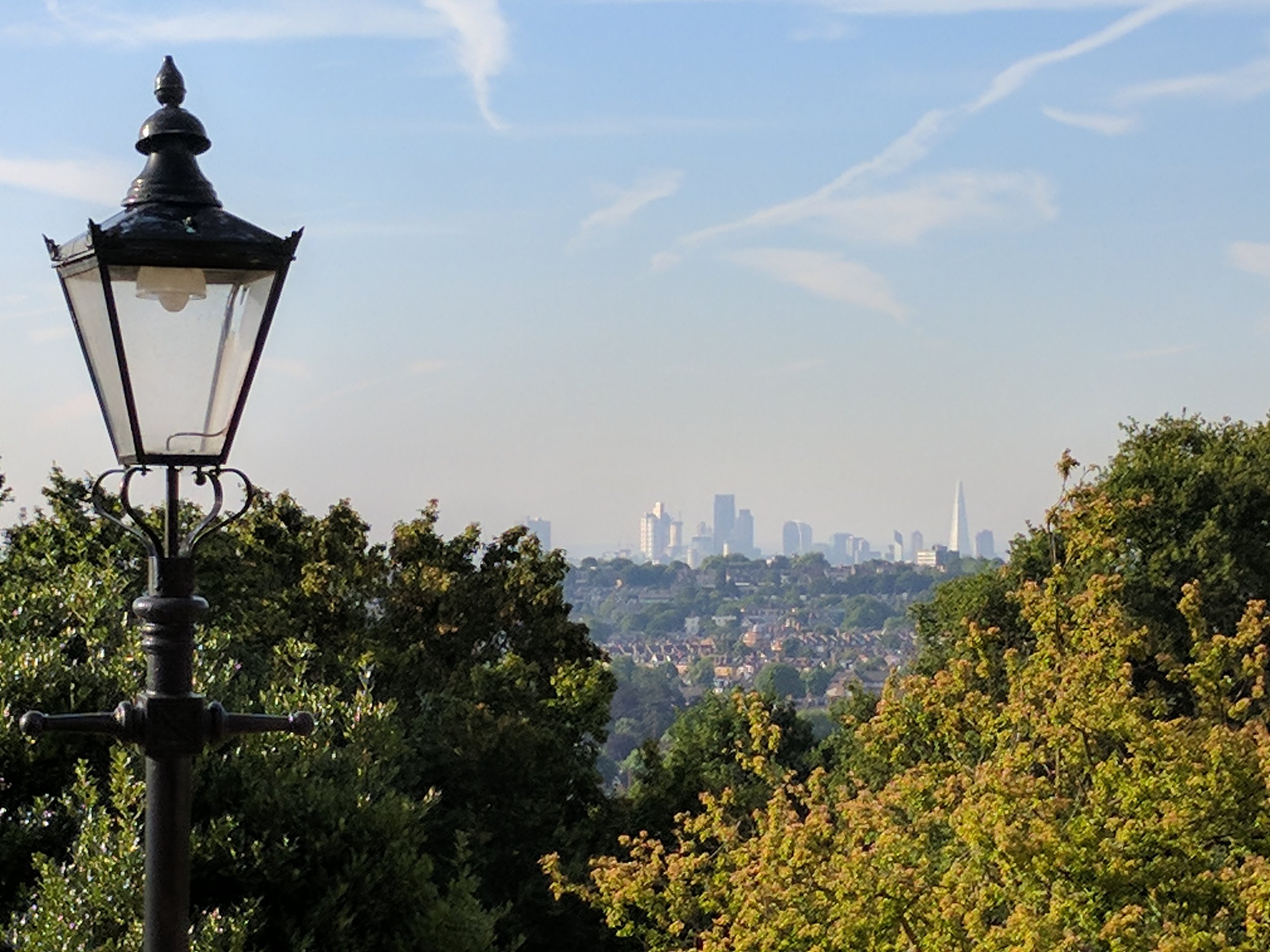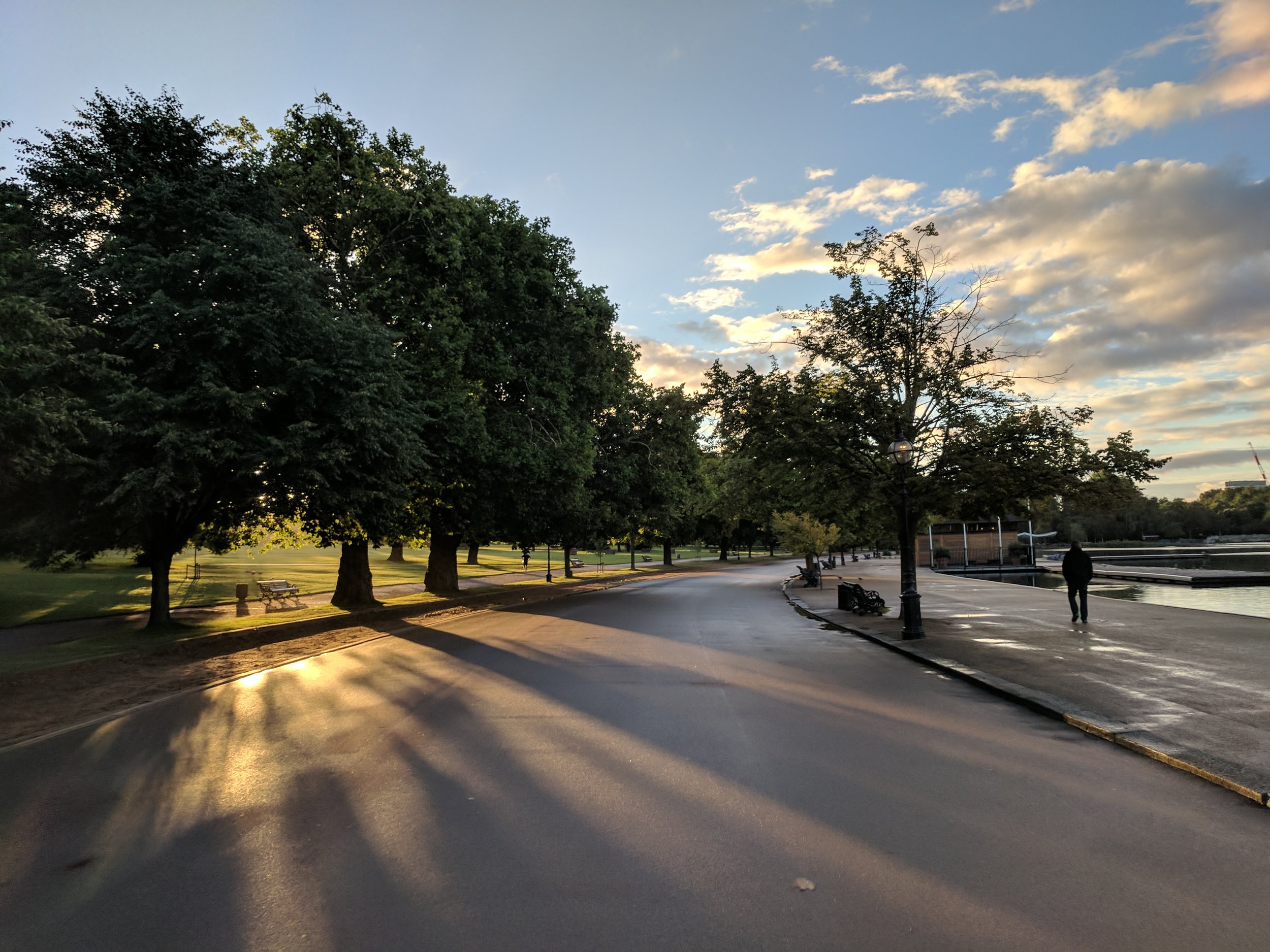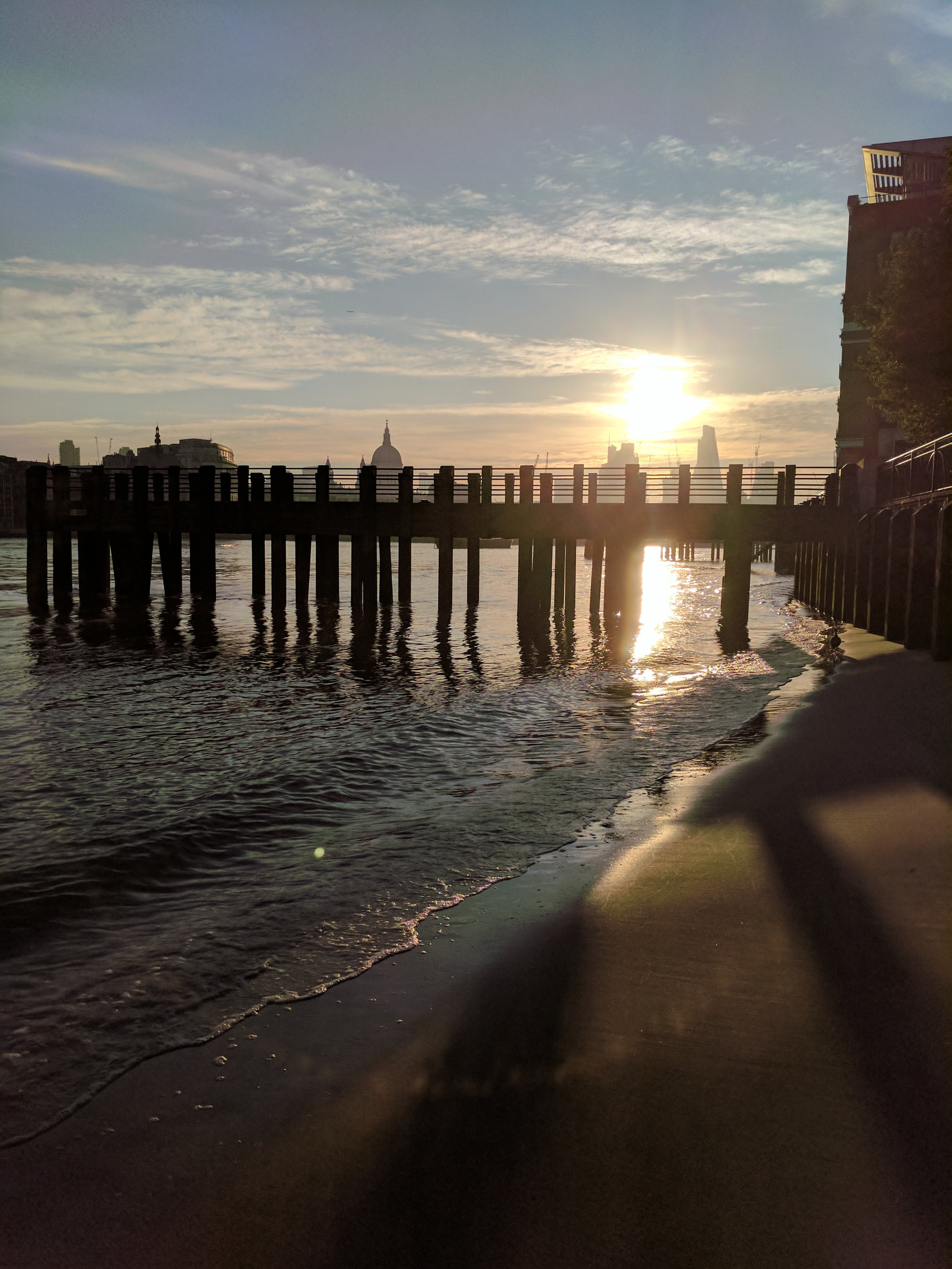Dear Papa, Thank You
I can’t believe I’m writing about my father in the past tense. My biggest supporter in life died just before Christmas 2023. We were exceptionally close, especially over the last few years, and that’s why the loss is so profound for me. I’m writing to share his story, what he meant to me, and how he shaped so much of my life, including my work.
Papa was always there for me, whether in person, or on the phone. From my earliest childhood moments right through to me as a 50 year old man, whenever I asked Papa for help, assistance or guidance, he would drop everything and focus on supporting me, often weaving in a story or two, to bring meaning to his message. He behaved the same way with my brother and sister too. Family first, was his motto.
In daily life, when I showed Papa the latest technology and what it can do in every day life, he couldn’t believe what was now possible, given he grew up in 1930s rural Panjab, India which was a very different era. Every time we would go somewhere in my car, and I would enter a destination into Google Maps, he would be taken aback, with childlike wonder, how we would automatically get turn by turn directions, spoken out loud. He had seen so much change in how we live, work and play during his lifetime.
Papa loved to tell stories. Growing up, I would hear him recount his life story, of experiencing the traumatic upheaval in circumstances due to the partition of India, starting from scratch as a refugee, studying so hard (and walking a several miles each way just to go to school) as to get a scholarship and to pursue a career in education, migrating to the UK and overcoming the adversity of adjusting to life here in the UK, building a fulfilling career as a university lecturer at the University of Westminster, teaching Statistics to Business Studies students. Even just a few months ago, at the age of 88, he again shared with me his life story, from his earliest childhood memories from 80 years ago, which he told me so vividly.
He was immensely proud of his Indian heritage and even though I was born in the UK, he didn’t want me to forget my roots, hence the countless stories about his life in India and how it shaped his outlook. I’m really going to miss hearing those stories.
I grew up hearing him inspire me with stories from different cultures, religions and philosophies. Some days it would be about Alexander the Great, other days it would be philosophy from Socrates & Plato, and other days it would be about Indian warriors, like Guru Teg Bahadur, who was famous for standing up to oppression. Papa felt very strongly about injustice, inequality and tyranny.
Papa knew the value of time. Papa had deliberately chosen a career path in education as it gave him freedom and flexibility to set his schedule, so that he could have as much time as possible, with his family. Not only do I remember both him (and Mummy) always being there for as us kids when we were growing up and beyond, but he was so involved in shaping our lives, tutoring us in Mathematics, English and other subjects during all of those school holidays. I remember he told me once, that after commuting back from central London to home after a day at work, his tiredness would disappear in an instant, upon arriving at home, when greeted with love by Mummy, me, my brother, Rishi and our late sister, Urchna. His family was his source of strength.
Despite being raised in a religious Hindu household, he was incredibly open minded. When it came to my school at the age of 11 years old, he sent me to a local Church of England school a few minutes walk from home as it had a good standard of education and discipline. The headmaster called us in after we had applied for a place and wondered why a Hindu family would want to send their son to this school? I remember Papa replied to the headmaster and told him, “You pray to Jesus, we pray to Krishna, God is one, just different names” and the headmaster was impressed and gave me a place. I was the first non Christian to ever be admitted to that school (the second non Christian to be admitted was, Urchna), and I studied the bible daily for 5 years and sang hymns every morning, as Papa had known that partaking in these activities would not make me any less of a Hindu, and he was right!
Papa was a simple man, in terms of not needing lots of things himself, he possessed this innate wisdom, knowing very early in his life that what really mattered in life was deep and meaningful relationships with others, not money, or things or ego. I recall when I was applying for my first job after graduating from university, and even when I was considering job offers later in my career, Papa would remind me not to fall into the trap of choosing the job offer that offered the highest salary, but to choose the job which my “gut instinct” believed would offer fulfilment, fun and flexibility. Most importantly, he would say, choose the job in an organisation that has a friendly culture in the office. He was telling me this because a lot of his good friends in life, both in India and in the UK, were initially his colleagues. During my childhood, he would often randomly throw idioms into conversation, idioms he had learnt growing up in India, and the two that I remember the most are “first deserve, then desire” and “what cannot be cured, must be endured”.
Given the hardships Papa had experienced in his life, as an immigrant, he did everything he could to create a life for me where I would have a level of security and stability that he never had. So when I left the security of my permanent job in my late 30s to wander off into the unknown, he thought I was completely crazy (as did many people I know) – I decided to move back home to live with my parents after taking this unconventional step, and with their love and support (even if they didn’t always agree with my journey in life), I managed to carve out my own path in life, on my terms and conditions, and use my skills to make an even bigger impact on people’s lives, a far bigger impact, than had I stayed in that permanent job.
Some of you may not have met Papa, but you met him through me, by hearing my stories. I told Papa recently, “Look how life has worked out. You used to get paid to tell stories, and now I get paid to tell stories. Different audiences, but the same skills.”
Given Papa’s long career in education, when family friends used to visit us during my teenage years, they would often turn to Papa for guidance on what subjects their kids should study, where they should study, and what type of career options are available in the UK, and beyond. After all, he used to do this as part of his job at the university. Sometimes, if I’m in a cab, and the driver asks me what I do, and I reply, “I tell stories about the future”, and then I share my insights about where I think society is heading 20-30 years into the future, the driver would then ask me for advice on what his young kids should be studying in order to have a secure and stable future. History repeating itself. Like a lot of kids, I would tell myself when I was much younger, I’m going to be different from my Papa, but the older I get, the more I find myself thinking and behaving like Papa (which itself is not necessarily a bad thing).
Many years ago, when these smart speakers for the home first launched, I would try them all as part of my work, looking at the future of digital health. Once I told Papa, “I can make your life easy, I can set up this device so that you can turn the lights on or off using your voice, without having to leave the bed or sofa” – I mistakenly assumed he would be thankful at my suggestion. Instead, he raised his voice and swore at me in Panjabi, and said “Are you bloody insane? Are my hands and legs broken?” He never craved an “easy” or “comfortable” life. He would always prefer to walk, even if I offered him a lift in my car to the supermarket, for example. On those days where I would spend a lot of time working from home, sitting at a desk in front of a computer, he would frequently tell me to get up and go for a walk, and not to lead a sedentary life. He was mentally active too, never resorting to ever using a calculator, but always doing mental arithmetic, whether at home, or in the shops.
Papa died in the same way, he lived life, on his terms and conditions! A noble, dignified death without any suffering. Making the transition peacefully in his own warm bed at home, knowing that those he loved the most, and who loved him, were nearby. He knew that the best things are often left unsaid.
When I saw that Papa had died, I then realised that everything he had ever done, and everything he had ever said to me, was to provide me with the resources, the skills and the wisdom, for that day, when he would no longer be physically here with me. He was my biggest supporter in life, and he was there for me, every time I faced any challenge. My relationship with Papa continues, in spirit, I still feel his presence strongly in my heart. From the moment he died, I found myself having this immense clarity about what is important, what is not important, who is important and who is not important, and that clarity remains, even now. How strange that it takes a tragedy to strike before one is awoken (spiritually speaking).
After Papa died, I’m reminded that at least in UK society, many of us feel uncomfortable talking about dying, death and grief. It often feels like we live in a death denying culture, where there is an intense focus on youth, and staying young forever, as if growing old and dying is something that science can one day overcome. To deny death, is to deny life itself.
I even found that some friends and family felt very uncomfortable listening to me talking about my own grief. It’s been strange hearing some of the reactions from friends and family, as if I should not really be grieving at all and “moving on” as if nothing has happened, simply because Papa died at the age of 88 and he lived a longer life than average. Grief is a unique journey for each of us, and it’s not a linear process either. The wisest people I know have reminded me that there is no rulebook or playbook for dealing with grief.
On the other hand, it’s remarkable how when tragedy strikes, one can feel incredible warmth, compassion and support from the most unexpected of people. Rather than unhelpful (to me) platitudes like “time is a great healer”, the most practical support I have received has people just being “present” whether online, on the phone, or in person, without the need to pepper the conversation with generic phrases often used when someone dies. Papa’s death has helped me to renew and strengthen relationships with friends, family and colleagues that had weakened over the decades, due to life getting busy. It’s deep, meaningful, and authentic connections with other human beings that has provided me solace and comfort these last few weeks. No tech, no AI, no robots.
In the days and weeks after Papa’s death, I have found myself trying to blame someone for what happened, “if only I had done this” or “if I had made sure he always took all of his medications” but I realise that has been my mind’s reaction to being unable to accept that life is chaotic and unpredictable, and that no matter who we are, we have limited power to control what happens, to us, or our loved ones. Our daily lives often distract us from the impermanence of life. At some level, I feel that our inner child secretly hopes our parents will live forever, always around to be able to share and celebrate each of our achievements in life, or to be able to turn to for nuggets of life wisdom when things don’t go the way we expect. When a parent dies, it’s like part of us dies too, a connection to our past. Someone who knew us better than we know ourselves.
I am deeply blessed to have had so many moments with Papa, especially in recent years as he got older, and I was able to see how modern digital society can make life difficult for those in their 80s, and seeing his daily experiences, strongly influenced my work on ensuring that everyone in society benefits from advancements in technology, not just those who are young. We had so many conversations over the years, about the state of the world, covering a dizzying array of topics, from politics to agriculture to how to deal with difficult people. I could bring up any subject with Papa, and he would have an opinion on it, even if was an opinion, I might not like.
I marvel at how he was not afraid of anyone, his strong sense of duty, commitment, and desire to use his life to serve others.
Thank You, Papa. I will cherish our memories, I will continue to serve others honouring your legacy, and I will never forget all the sacrifices you made to ensure I would flourish and thrive. I wish your soul health and happiness in your next life.
